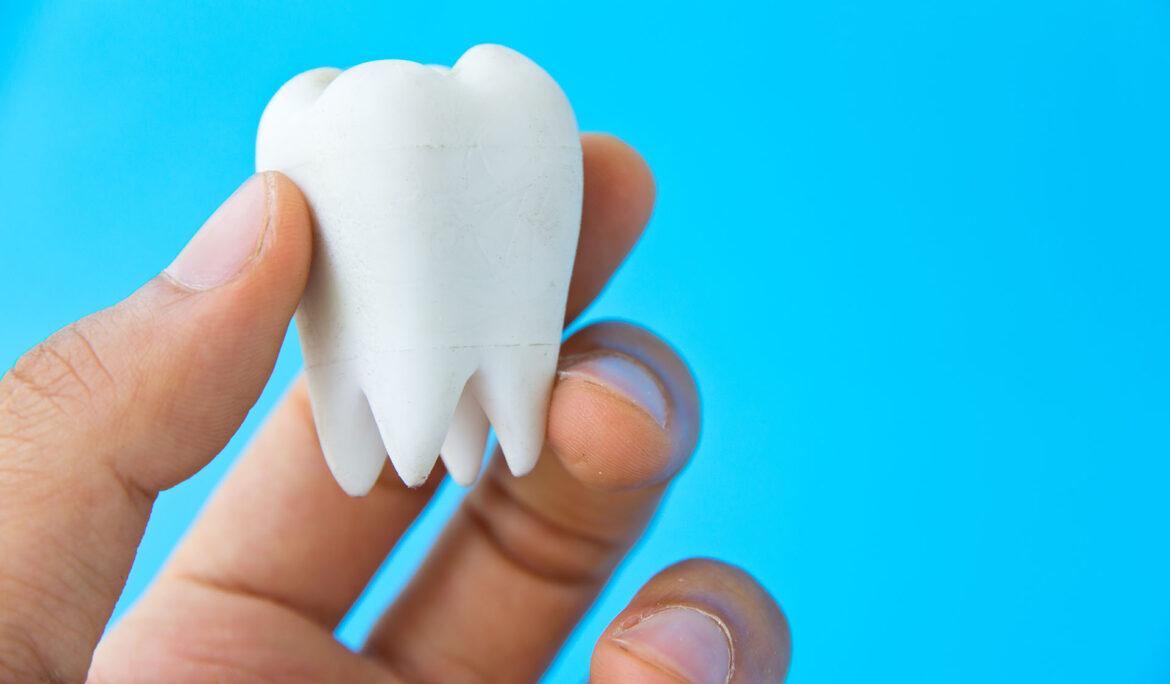Wisdom teeth represent our third molars and erupt during the early twenties. For this reason, they are also called wisdom teeth because it is believed that when these final molars erupt, a person has matured and reached full psychological and emotional maturity. In the jaw, we have 32 teeth if all four wisdom teeth erupt, two in the lower jaw and two in the upper jaw.
These teeth are the most variable of all teeth in the oral cavity for the following reasons:
In terms of presence in the oral cavity, wisdom teeth may never erupt in some individuals due to lack of space or simply because they do not emerge into the oral cavity. Some may have a wrong position in the jaw, preventing proper eruption, or there may be a lack of wisdom tooth buds. If our wisdom teeth do not erupt, we do not need to worry because their role in the oral cavity has significantly diminished, and they are not considered essential in the dental arch.
In terms of structure and morphology, wisdom teeth do not have the proper morphology like other teeth. They can vary in crown size, the number of roots, and consequently, root canals.
The most common problems associated with wisdom teeth are as follows:
Impacted Wisdom Teeth:
A frequently asked question is whether wisdom teeth should be extracted. It is best to consult with your dentist. I recommend panoramic X-rays to my patients to determine the position of the wisdom teeth. If there is no space in the jaw for their eruption, it is best to surgically remove them immediately before they start erupting. If they start erupting and there is not enough space in the oral cavity, they can cause compression on the front teeth, resulting in what we call tertiary compression, which is an aesthetic and physiological deficit and needs to be orthodontically corrected.
Another problem arises if they are horizontally positioned, making it impossible for them to erupt into the oral cavity. However, they can cause problems for adjacent teeth and are also indicated for extraction. In cases where wisdom teeth are poorly positioned in the jaw, pockets of infection and cysts often occur, and extraction of the wisdom teeth is definitely indicated. If wisdom teeth erupt without disrupting the dental arch, as mentioned earlier, they do not need to be extracted.
Cavities:
Another common problem with wisdom teeth is inadequate cleaning because they are located far back in the oral cavity, making it difficult to clean them properly. Cavities often develop shortly after eruption, and in severe cases, inflammation of the dental pulp may occur.
Extraction of Wisdom Teeth:
Extraction, like for other teeth, is performed under local anesthesia. If they are easily accessible with instruments, they can be extracted using forceps and elevators, and recovery from such extractions is relatively quick and simple for the patient.
If wisdom teeth are impacted in the bone and not accessible in the oral cavity, surgical extraction or alveotomy is necessary. This procedure is complicated because bone must be removed with surgical instruments to access the tooth, and if the roots are curved, they usually need to be separated to be successfully extracted.
How to Prepare for the Procedure:
It is best to eat something before the procedure so that anesthesia does not have a negative impact on us, and also because we will not be able to eat after the procedure. Premedication with tranquilizers can be taken if we are very tense, which is recommended in such cases.
After the Surgical Procedure:
Antibiotics and pain relievers are prescribed, and the wound should not be rinsed for at least 2-3 days after the procedure to prevent re-bleeding from the wound. Apply a cold compress externally. Avoid heavy lifting for at least seven days. Eat soft food; after three days, antiseptics based on chlorhexidine can be used.
If you are lucky enough that your wisdom teeth have erupted properly into the dental arch, are healthy, you probably will not need this article. But if you are unsure whether you have problems with them or not, contact us, and we will take care of it for you.













